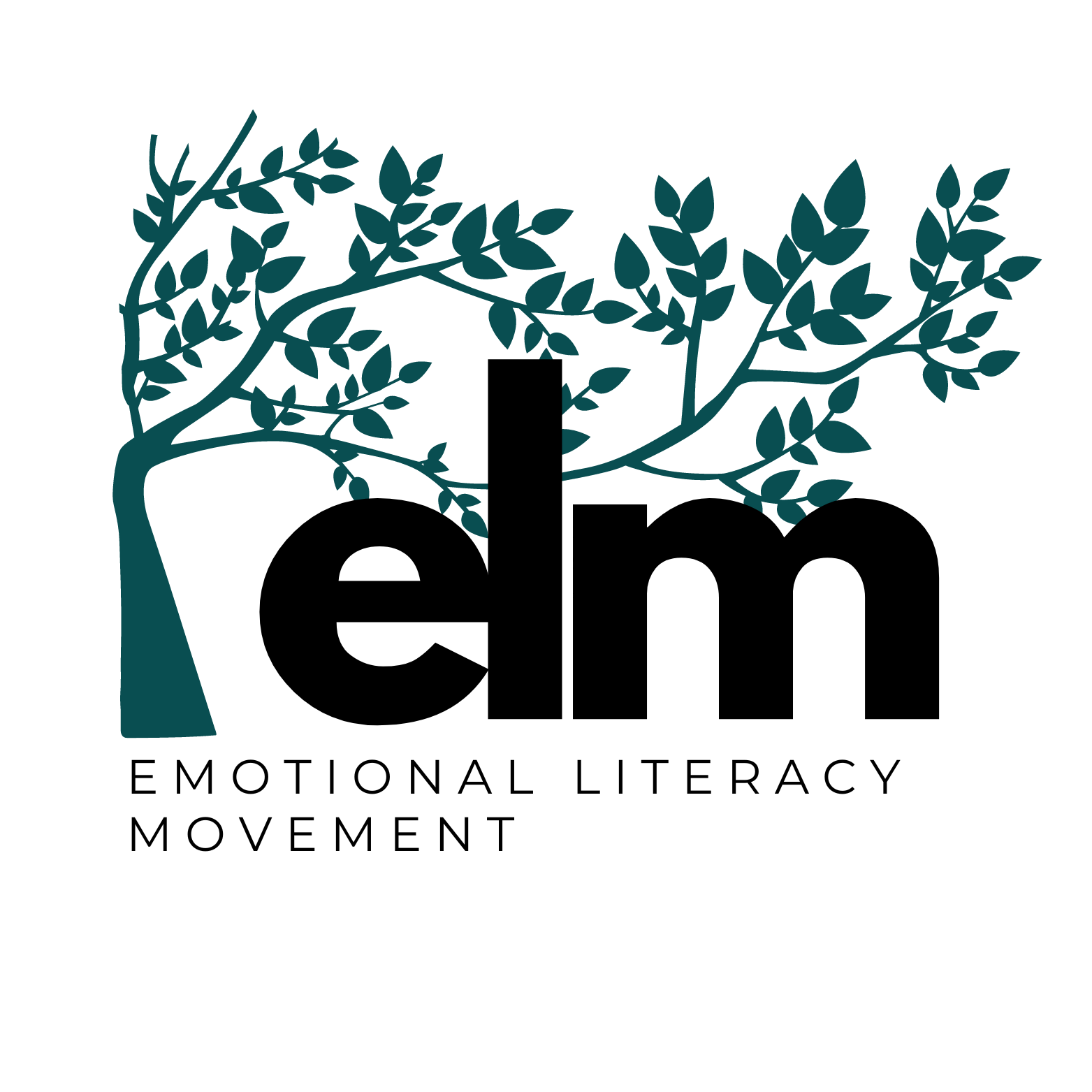Workshops & Speaking Engagements
Whether you're supporting a team, a recovery community, or your own growth, our sessions offer tools for connection, resilience, and meaningful impact.
Support stronger workplaces and communities through professional development workshops that focus on mental health, wellness, and resilience. Designed for corporate teams, non-profits, recovery centres, and schools, our sessions provide practical tools to reduce stress, build connection, and create supportive environments where people can thrive.
Workshops

The Science of Our Emotions
Stress and difficult emotions can leave us feeling stuck, disconnected, or unsure how to respond.
In this workshop, we look at the science of emotions through the lens of Polyvagal Theory, exploring how our nervous system evolved to manage stress and threat and how these responses shape behaviour and connection.
By understanding these patterns, we can create stronger relationships, support wellbeing, and build environments where people feel safe and able to thrive.
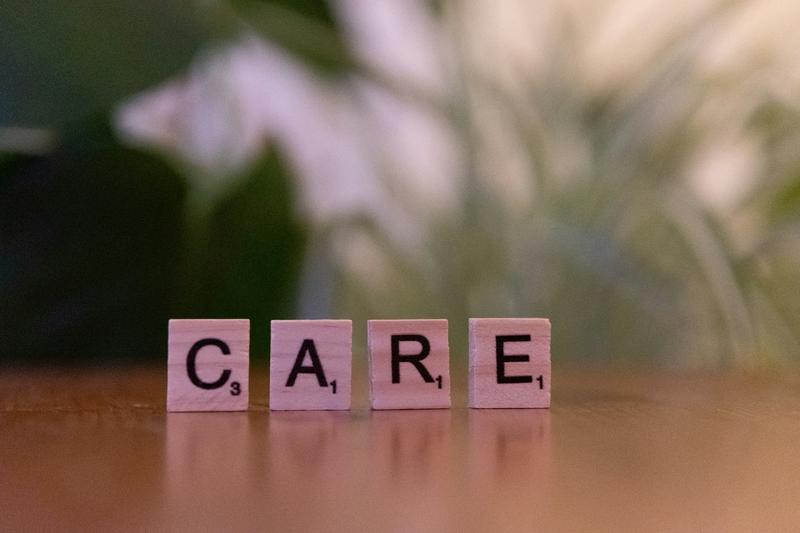
Trauma-informed Practices
Unaddressed trauma can show up as challenges with learning, behaviour, and relationships, often leaving people feeling misunderstood or unsupported.
This workshop introduces trauma-informed practices, exploring how trauma affects the brain, body, and emotions, and what it means to create safety and trust in everyday interactions.
By applying these approaches, we can respond with greater empathy, strengthen connection, and build environments that support healing and resilience.
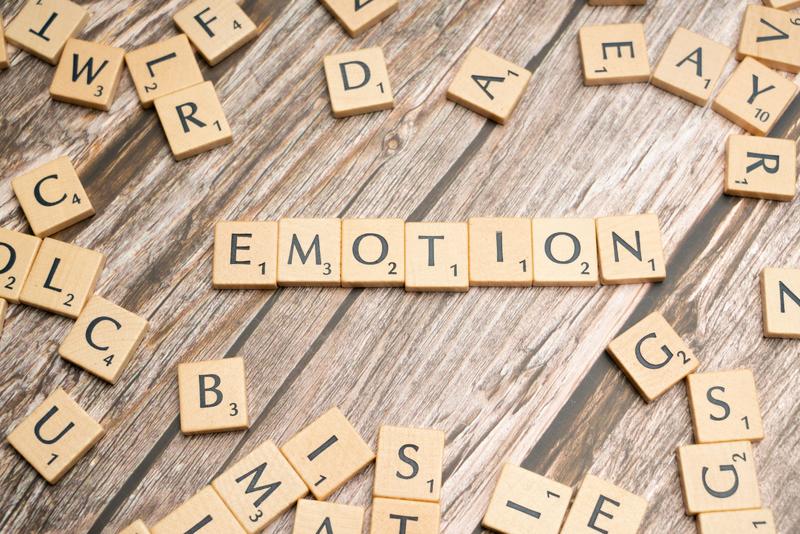
The Foundations of Emotional Literacy
Many people struggle to name, understand, or manage their emotions, which can lead to miscommunication, stress, and disconnection.
This workshop explores the foundations of emotional literacy using ELM’s four pillars: Emotional Anatomy, Emotional Awareness, Emotional Regulation, and Emotional Expression.
By building these skills, we can improve communication, strengthen relationships, and create environments where emotions are understood and handled with confidence and care.

Grow Through What You Go Through
Setbacks and obstacles can easily lead to frustration, self-doubt, and giving up too soon.
This workshop introduces the concept of a growth mindset, showing how shifting from a fixed to a flexible way of thinking helps us approach challenges with resilience and persistence.
By strengthening this mindset, we can build confidence, embrace learning opportunities, and turn obstacles into pathways for growth and success.
Learning Objectives:
-
Understand what resilience really means by exploring how it develops over time and noticing the ways it shows up in your own experiences, both big and small.
-
Notice the thought patterns that keep you stuck, and practice shifting perspectives to open up new ways of approaching challenges and setbacks.
-
Explore the common ways we avoid difficult feelings, such as distraction or denial, and recognize how awareness of these habits can be the first step toward change.
-
Practice staying with emotions more gently, learning to sit with discomfort without rushing to fix or avoid it, and discovering how this builds strength and self-compassion.

Feel to Heal
When we disconnect from our bodies, we can miss the signals that point to stress, imbalance, or unmet needs.
This workshop focuses on body attunement—the practice of paying attention to physical sensations and emotions—as a pathway to healing.
By learning to “feel to heal,” we can rebuild trust with ourselves, regulate more effectively, and support greater well-being in both our personal and professional lives.
Learning Objectives:
-
Recognize how emotions show up in the body and the signals they send during stress or calm.
-
Notice how stress, memory, and emotion are carried physically, shaping daily experience.
-
Use journaling to explore what the body holds, creating space for release and reflection.
-
Explore breath, posture, and tension with curiosity to gain insight into emotional states.
-
Practice movement and breathwork to feel grounded, connected, and present.
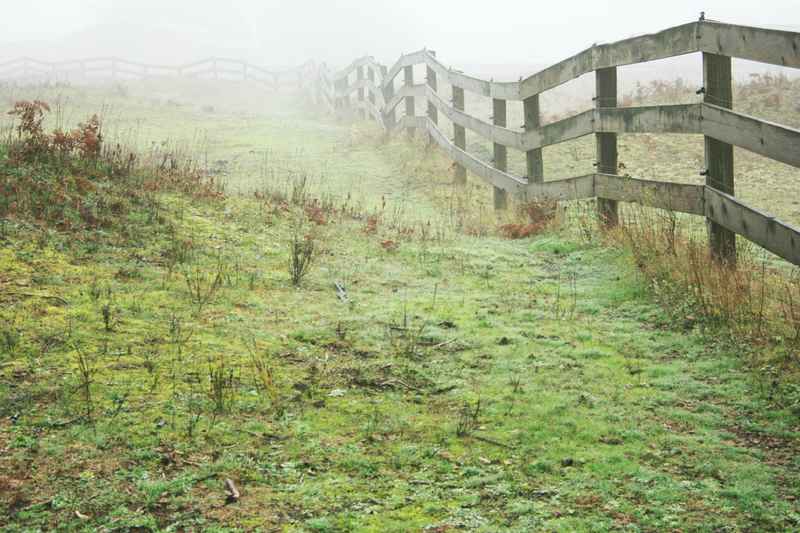
The Art of Boundary Setting
Without clear boundaries, it’s easy to feel overextended, resentful, or unsure of how to protect our own needs.
This workshop explores the art of boundary setting, including how to recognize your limits, communicate them with clarity, and uphold them with confidence.
By practicing healthy boundaries, we can reduce stress, strengthen relationships, and create balance in both work and life.
Learning Objectives:
-
Define what boundaries are and why they matter, recognizing how they protect well-being and strengthen relationships.
-
Connect boundaries to needs and self-care, understanding how they support balance and prevent burnout.
-
Learn about different types of boundaries and challenge common myths, building clarity and confidence in setting limits.
-
Explore what shapes our boundary habits, from past experiences to cultural influences, and how these patterns affect us today.
-
Practice how to set and express boundaries clearly and respectfully, developing skills to uphold them with confidence.

Honouring Your Capacity
Pushing past our limits often leads to exhaustion, stress, and disconnection from ourselves and others.
This workshop invites participants to better understand the signals of the nervous system and the role emotions play in guiding our well-being.
By tuning into both our inner experience and our body’s cues, we can honour our true capacity—building resilience, restoring balance, and creating healthier ways of engaging with daily challenges.
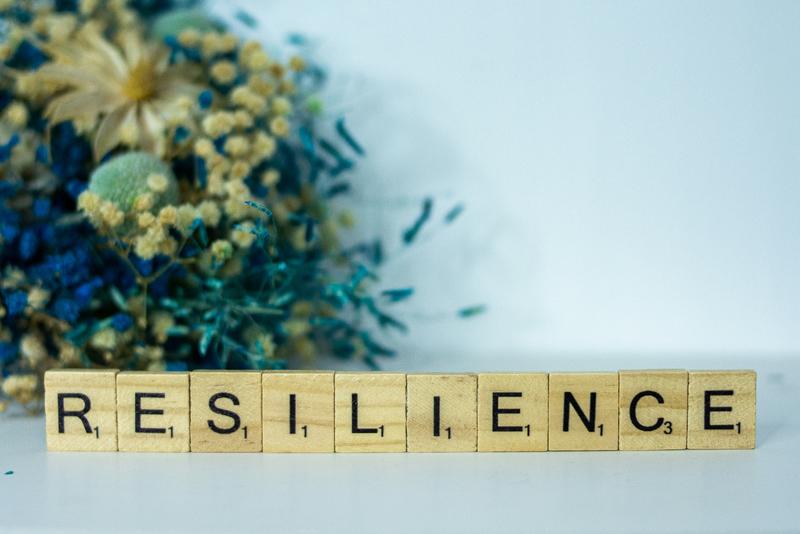
Cultivating Resilience
Life’s challenges can leave us feeling depleted, discouraged, or stuck in patterns that hold us back.
This workshop explores what it means to cultivate resilience, with a focus on practical strategies for managing stress, adapting to change, and recovering from setbacks.
By strengthening resilience, we can build greater confidence, maintain well-being through challenges, and create a stronger foundation for growth in both work and life.
Learning Objectives:
- Identify what resilience is and recognize why it’s essential for managing stress.
- Recognize signs of stress in yourself and others before they lead to burnout.
- Shift from a stress response to a problem-solving mindset.
- Learn how long-term stress affects health, productivity, and well-being.
- Expand your ability to manage challenges outside your comfort zone.
- Use practical tools to build resilience and support team well-being.
- Communicate boundaries effectively to reduce stress.
- Develop daily habits to strengthen mental and emotional resilience.
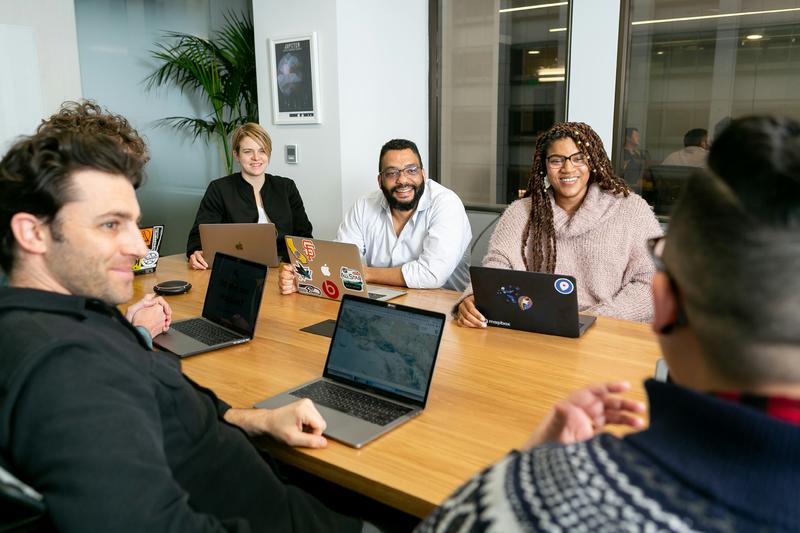
Strengthen Teams and Prevent Burnout
High demands and constant pressures can leave teams drained, disconnected, and at risk of burnout.
This workshop looks at how stress affects individuals and groups, offering tools to improve communication, build trust, and create supportive team cultures.
By addressing burnout early and strengthening collaboration, teams can boost resilience, maintain well-being, and sustain performance over the long term.
Learning Objectives:
- Explain how stress affects productivity, engagement, and workplace well-being.
- Identify early signs of burnout and use strategies to reduce stress before it escalates.
- Apply evidence-informed techniques to stay emotionally balanced in high-pressure situations.
- Strengthen personal resilience through everyday self-care practices that contribute to sustainable performance.
- Communicate more effectively to create a culture of openness, trust, and psychological safety within teams.
- Take proactive steps to prevent burnout by building emotionally healthy, sustainable work environments.
- Use emotional intelligence and conflict resolution tools to reduce tension and support stronger team relationships.

Conflict Navigation
Conflict can easily escalate when emotions run high or conversations are avoided, leaving relationships strained and problems unresolved.
This workshop introduces ELM’s signature CPR model—Compassion, Presence, and Reflection—as a framework for navigating conflict with clarity and care.
By practicing these skills, participants can approach difficult situations with confidence, strengthen trust, and turn conflict into an opportunity for growth and understanding.
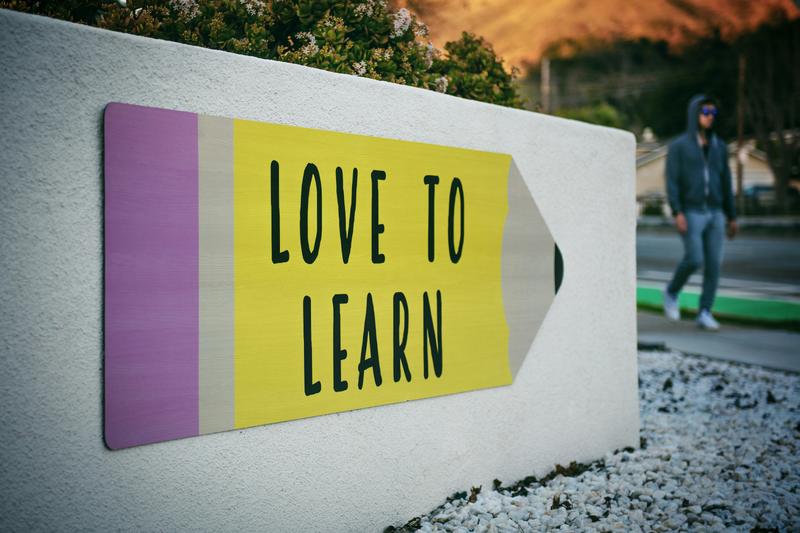
Redefining the Learning Experience
Learning happens best in environments that feel safe, inclusive, and engaging.
This workshop explores how to build trust, reduce barriers, and design interactive sessions that connect with learners in meaningful ways.
By redefining the learning experience, facilitators can create spaces where motivation grows, participation deepens, and learning truly takes root.
Learning Objectives:
- Recognize the connection between emotional safety, motivation, and learning.
- Create inclusive spaces that support participation and engagement.
- Identify and reduce barriers that affect learner confidence and contribution.
- Use communication techniques that build trust and connection.
- Integrate mindful techniques to improve focus, participation, and retention.
- Manage group interactions and approach challenging moments with empathy and skill.
- Connect course content to learners’ real-world experiences to build relevance.
- Design interactive sessions that invite collaboration, curiosity, and deeper learning.
- Reflect and adapt your facilitation approach to support a more inclusive learning culture.

Inclusive by Design
Small design choices can make a big difference in whether people feel comfortable, included, and able to participate fully.
This workshop introduces strategies for creating spaces, materials, and interactions that reduce barriers and reflect diverse needs.
By applying inclusive and universal design principles, participants will learn how to foster environments that promote equity, collaboration, and a genuine sense of belonging.
Learning Objectives
- Recognize how everyday design choices can affect comfort, participation, and performance.
- Identify physical, social, and cultural barriers that may be present in your environment.
- Apply inclusive design strategies in classrooms, meetings, training, and events.
- Build environments that reduce sensory, cognitive, and emotional overload.
- Adapt materials and communication styles to reflect diverse needs and abilities.
- Apply principles of universal design to support learning and collaboration.
- Promote a culture of belonging through intentional practices and policies.
Speaking Engagements
Inspiring and practical, my speaking engagements focus on mental health, resilience, communication, and workplace wellness. Each talk is designed to spark new perspectives, share actionable strategies, and leave audiences with tools they can apply immediately.
Topics:
- Understanding Stress Through the Lens of the Nervous System
- Emotional Intelligence as a Leadership Superpower
- Everyday Practices for Nervous System Regulation
- Healing in a Burnout Culture
- Raising Resilient Kids in an Anxious World
- Supporting Neurodivergent Children with Emotional Literacy
- Why Emotional Literacy is as Important as Math and Reading
- Emotional Regulation for Families: Breaking Cycles of Stress and Overwhelm
- Boundaries as an Act of Self-Care
- The Healing Power of Nature
- Creating School Cultures that Support Staff Well-being
- From Surviving to Thriving: Mental Health Strategies for Teachers
- Sustainable Caregiving
- From Vicarious Trauma to Vicarious Resilience
Have a Question? Let us know!
If you would like to book a Professional Development workshop or consultation meeting for your organization, please send us an email with more details, and we will connect with you in 1-3 business days to gather more information about your group's specific needs.
For any other questions or inquiries, fill out the form below, and our team will respond within 1-3 business days.
